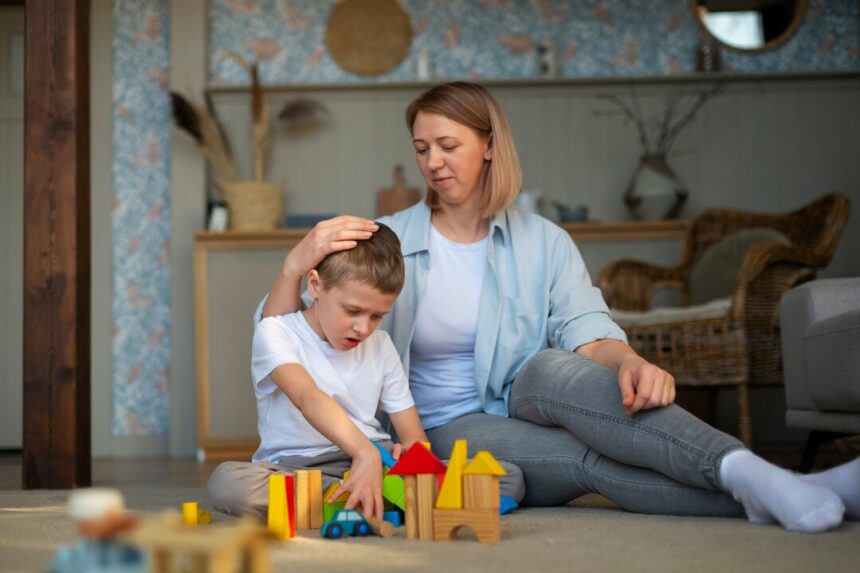Autism Spectrum Disorder (ASD) is a neurodevelopmental condition characterized by differences in social communication, behavior, and sensory processing. While each individual with autism is unique, they often face common challenges navigating a world designed for neurotypical individuals. As parents, educators, and society at large, it is our responsibility to foster an environment of understanding and acceptance for children with autism. By embracing neurodiversity, we can create a more inclusive and supportive community for all.
Understanding Autism:
Autism is a spectrum, encompassing a wide range of abilities, challenges, and traits. Some children with autism may excel in specific areas, such as mathematics or music, while others may struggle with social interaction or sensory sensitivity. It’s crucial to recognize that autism is not a defect to be fixed but a different way of experiencing the world. By understanding the strengths and challenges associated with autism, we can better support children in reaching their full potential.
Building Empathy and Compassion:
Empathy is the cornerstone of acceptance. When we take the time to empathize with the experiences of children with autism and their families, we cultivate a sense of compassion and understanding. Recognizing the daily struggles and triumphs of individuals with autism fosters a deeper connection and encourages us to be more patient, tolerant, and supportive.
Creating Inclusive Environments:
Inclusive environments are essential for children with autism to thrive. This includes not only physical spaces but also social and educational settings. Schools, playgrounds, and community centers should be designed with accessibility and sensory sensitivity in mind. Educators can implement strategies such as visual schedules, sensory breaks, and alternative communication methods to accommodate diverse learning styles. By creating inclusive environments, we ensure that children with autism feel valued, respected, and included in all aspects of life.
Promoting Acceptance and Respect:
Acceptance begins with education and awareness. It’s essential to teach children and adults alike about autism and the importance of respecting neurodiversity. By promoting acceptance and respect in schools, workplaces, and communities, we combat stigma and discrimination, creating a culture of inclusion where everyone feels accepted for who they are. Celebrating the unique strengths and talents of individuals with autism fosters a sense of belonging and empowers them to embrace their identity with pride.
Supporting Families:
Families of children with autism often face unique challenges and stressors. It’s crucial to provide them with the support and resources they need to navigate their journey. This may include access to therapies, support groups, respite care, and educational advocacy. By offering practical assistance and emotional support, we help families build resilience and create a nurturing environment for their children to thrive.
Supporting children with autism requires a collective effort grounded in understanding, empathy, and acceptance. By embracing neurodiversity and creating inclusive environments, we can empower children with autism to reach their full potential and lead fulfilling lives. Together, let’s foster a culture of acceptance and respect where every child, regardless of their neurology, is valued, supported, and celebrated for who they are.










